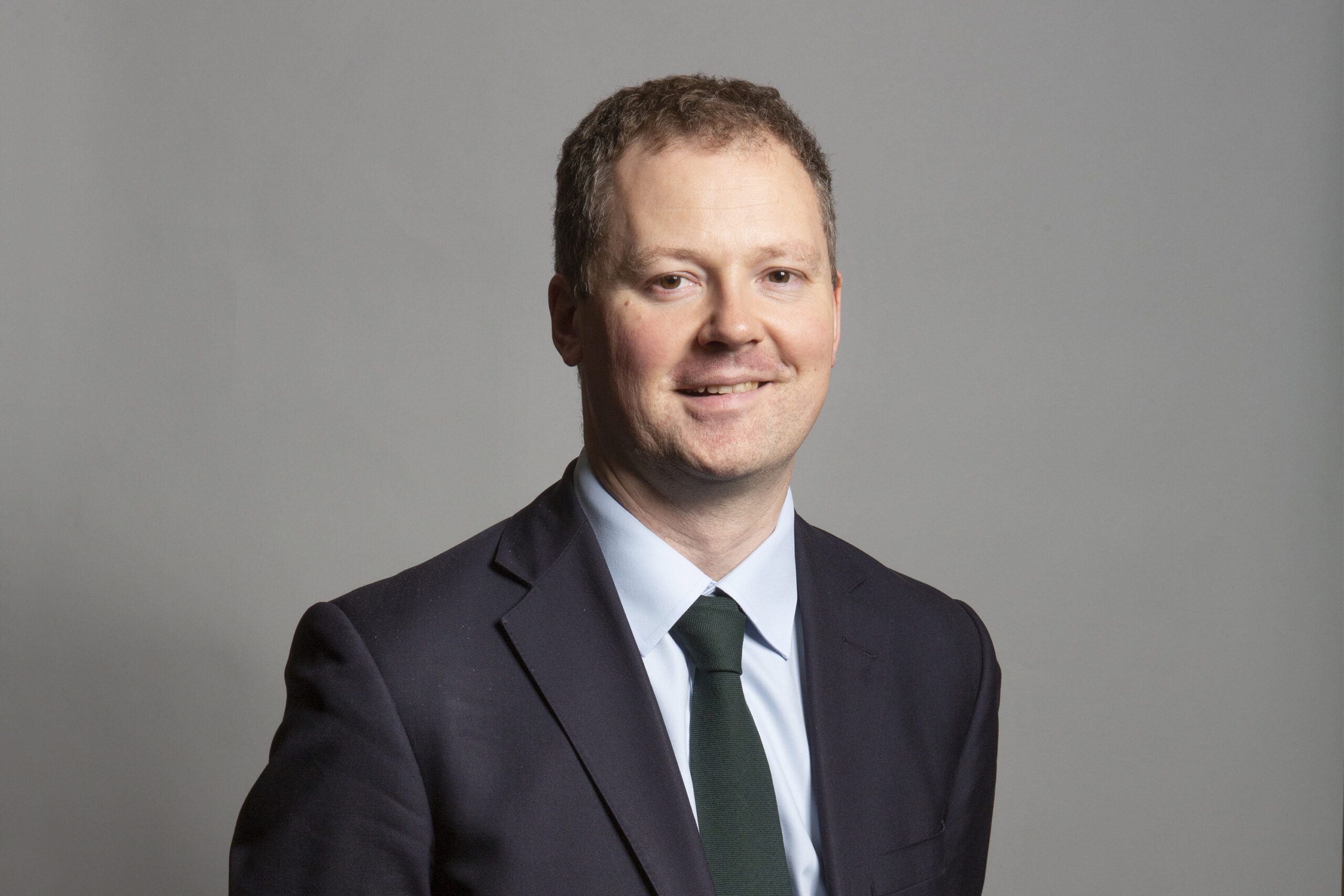OFNC in “positive” meeting with minister

Neil O’Brien. Conservative MP for Harborough
Representatives of the Optometric Fees Negotiating Committee (OFNC) met with primary care minister, Neil O’Brien, last week to discuss the future of eyecare – including GOS fees.
In a statement the OFNC said: “Like other areas of the NHS, primary eyecare has been hit over the past 18 months by inflation, including the rising costs of fuel and salary pressures. The impact has been made worse however in primary eyecare by years of severe GOS underfunding. OFNC had submitted an evidence-based bid for an increase in both fees and grants but, once again, this evidence was disregarded by NHS England who offered an increase of only 4.5 per cent from 1 April 2023 in GOS fees and optometrist pre-registration training grants. Made worse by no increase in CPD grants.”
The OFNC said it had made clear to NHS England that:
- Based on the evidence from more than 750 NHS providers in England, the NHS is paying 50 per cent of what it costs on average to provide this essential healthcare
- The sight test is a vital NHS service and a core part of primary care on which the NHS depends to meet eye health needs and prevent avoidable sight loss
- Primary eyecare infrastructure in England is at risk due to chronic NHS underfunding
This meant that “the OFNC could not accept NHS England’s offer on behalf of the profession. NHS England therefore has imposed its below inflation 4.5 per cent increase”.
Following news of five per cent settlements for employed NHS staff groups, the OFNC wrote to the NHS for a further 0.5 per cent on grounds of parity. “This again was rejected on the basis that the five per cent pay offer for employed NHS staff is not directly comparable with GOS,” the OFNC stated.
The OFNC continued: “On 22 March, sector leads met with primary care minister Neil O’Brien in his offices in parliament at which this disparity was raised. The issue of joint work with NHS England to obtain agreed data on which to base future negotiations was also raised. Although this does nothing to help with fees in the current year, it does help lay the ground for a more constructive engagement in the future.”
Gordon Ilett, OFNC chair, said: “We held a positive meeting with the minister about the future of eyecare but meanwhile the system continues to undervalue and underpay us. Once again, we have had a lower settlement imposed on us than some others in healthcare despite official figures that show inflation remains high. The minster is fully aware of the importance of primary eyecare for the nation’s health and the key role that our workforce, skills, facilities, and equipment will need to play if the government is to turn around its capacity problems in the hospital eye service, improve access for patients and relieve pressure on GPs. This meeting has opened a new dialogue about the value of the primary eyecare sector – and we also hope it will allow a better way forward for evidence-based fee discussions with officials in the future.”
The OFNC said it would shortly issue FAQs to help providers who have asked for advice on how to manage NHS capacity in light of rising costs and underfunding of the sight test.